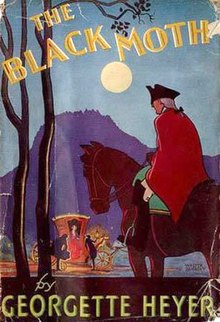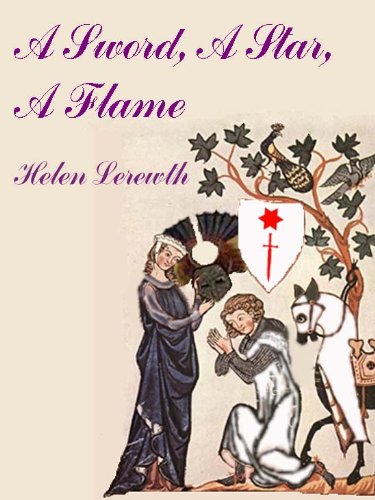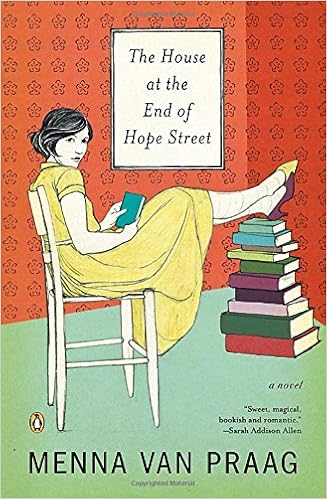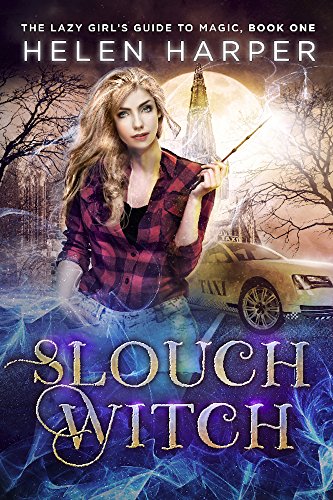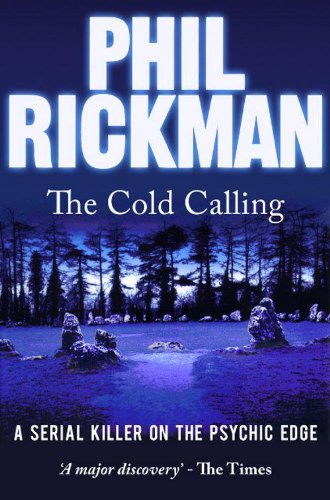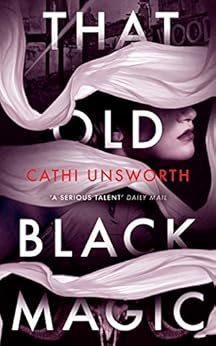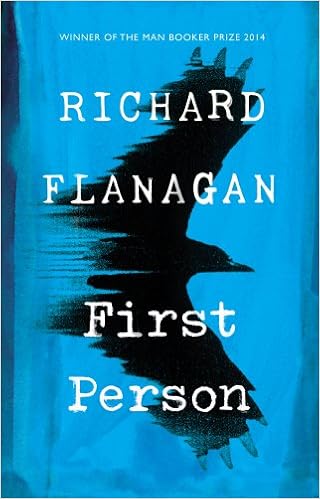"It suited you that Jack should be disgraced? You thought I should seize his money. You— you—"The Black Moth, set in England in the 1750s, is Georgette Heyer's very first novel, which I reread after becoming aware that it was effectively a prequel to These Old Shades and Devil's Cub -- albeit a prequel in which the characters had different names and rather less rounded characters. Tracy 'Devil' Belmanoir, Duke of Andover, shares many of the Duke of Avon's less savoury habits, not least a taste for abducting innocent young women. The lovely Diana Beauleigh is his latest victim, but is saved by the sudden appearance of highwayman 'Sir Anthony Ferndale' who is, of course, a disgraced aristocrat in disguise. He is, in fact, Lord Jack Carstares, who chose exile rather than expose his brother Richard for cheating at cards: and he and Diana fall in love. Richard, meanwhile, has just inherited the family title and fortune, but is increasingly crippled by guilt, and his wife Lavinia is thoroughly fed up with him. And Lavinia's brother is ... Tracy 'Devil' Belmanoir, probably the most intelligent of the characters and certainly the wittiest.
"Rogue? But you will admit that I at least am an honest rogue. You are — er — a dishonest saint. I would sooner be what I am." [p. 163]
Unlike Heyer's later novels, this focusses on the relationships between the male characters: poor Diana is little more than a Quest Object, and while Lavinia has a more central role she is far from a romantic heroine. There's a great deal more swashbuckling than in the Regency novels -- duels, dramatic gestures, ridiculous behaviour and passionate declarations abound. Great fun, amusing and well-paced, with typically sardonic dialogue and plenty of arch observations. Even at this point, Heyer is subverting the tropes of the genre: see, for instance, the title of chapter 28, 'In Which What Threatened to be Tragedy Turns to Comedy'.
